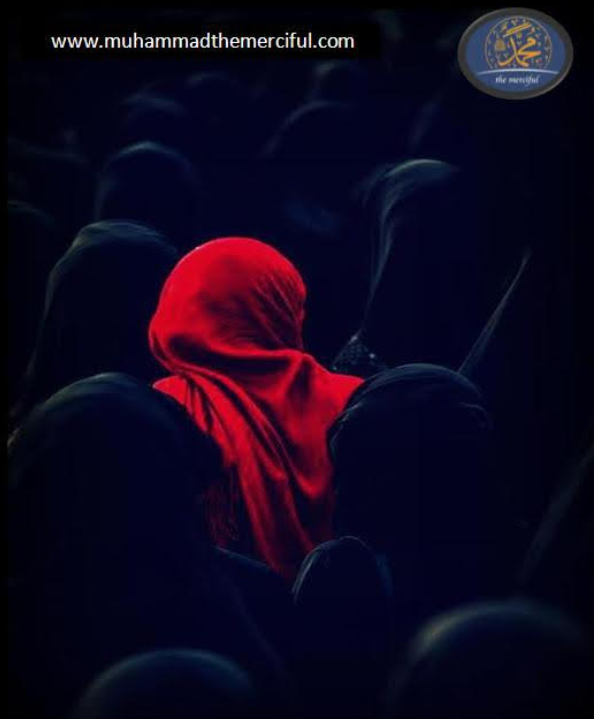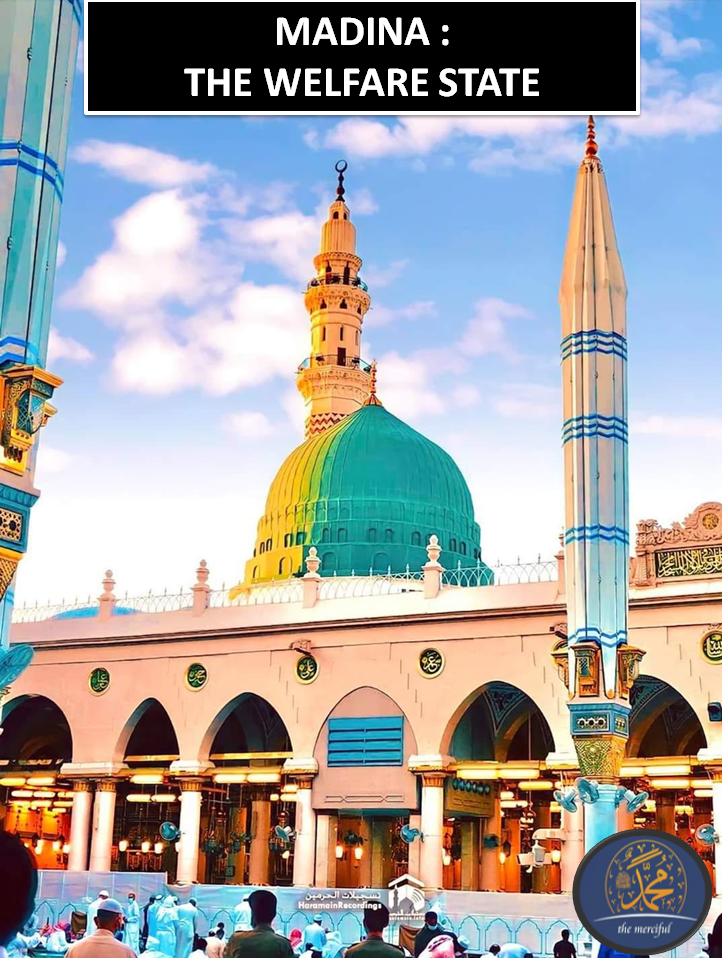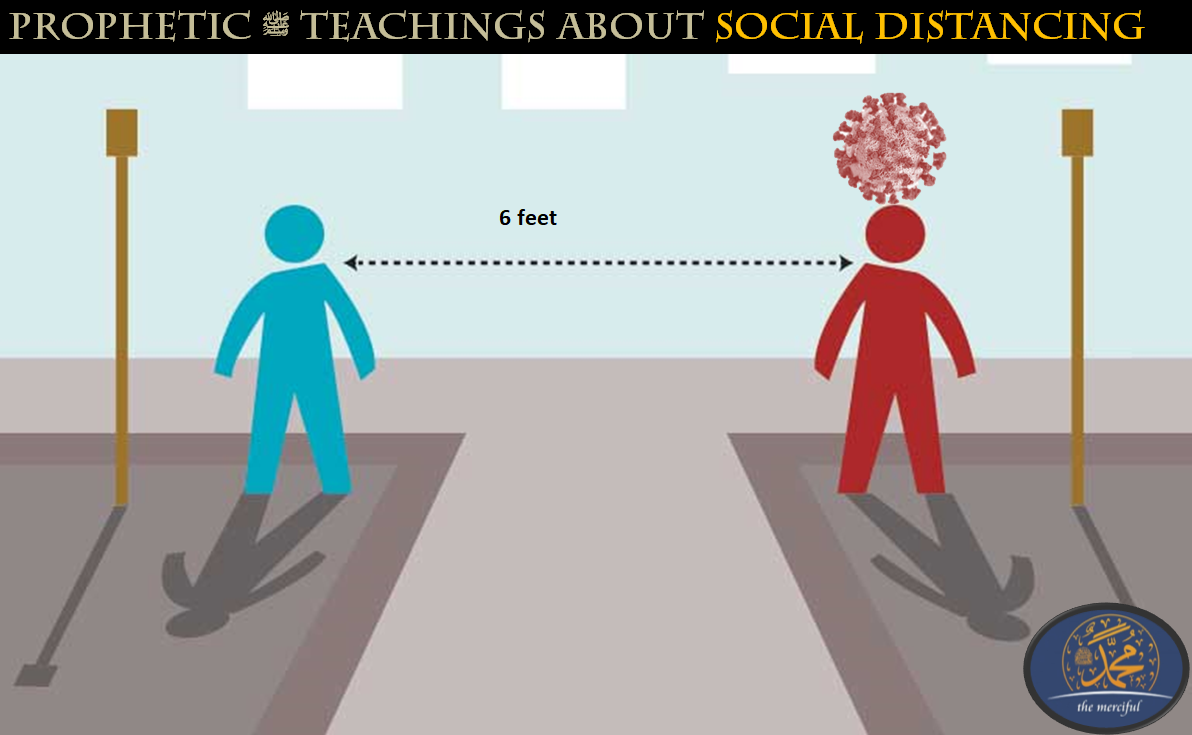Hijab: The means of security for women
From the dawn of civilization, flowing dresses and headscarves have always been associated with “Godliness” or “God consciousness”. This tradition of modesty is reflected in the Qur’an , wherein Allah says:O mankind! Surely We have sent down for you (such a) clothing that hides your private parts and adds (to your) aesthetic value. And (in addition to your outward clothes We have also provided you an inward dress as well and that is) the dress of Allah’s fear (which) is the best. (All these inner and outer attires) are the Signs of Allah so that they may take advice. ► {Qur’an Chapter 7 Surah Al-Ar’af : Verse 26}
In another verse its mentioned :O Prophet! Say to your wives, your daughters and the women of believers that (while going out) they should draw their veils as coverings over them. It is more likely that this way they may be recognized (as pious, free women) and may not be hurt (considered by mistake as roving slave girls). And Allah is Most Forgiving, Ever-Merciful. ►{Qur’an Chapter 7 Surah Al-Ar’af : Verse 26}
Since the heyday of the feminist movement, there has been an increasing amount of scrutiny placed on the dress and status of Muslim women. According to these “liberated” women, the hijab not only covers the head, but also covers the mind, will and intellect. They say that our dress code is outdated and oppressive, and it stops us from being productive human beings. They speak out of ignorance when they say that our hijab does not belong in these modern times.
Due to the world we live in today and the constant decline in moral values, circumstances make the hijab or the covering even more necessary.
Also ,a common misconception is that Muslim women are the only ones who cover their hair. It may be true that Islam is the only religion in which most women follow its directives to cover the hair, but it is not the only religion to have such directives.
Head Covering in the Christian traditions
Bible says: http://www.biblegateway.com/passage/?search=1%20Corinthians%2011&version=NIV
…. Every man who prays or prophesies with his head covered dishonors his head.
5 But every woman who prays or prophesies with her head uncovered dishonors her head—it is the same as having her head shaved.
6 For if a woman does not cover her head, she might as well have her hair cut off; but if it is a disgrace for a woman to have her hair cut off or her head shaved, then she should cover her head….►{Corinthians, chapter 11}
I also want the women to dress modestly, with decency and propriety, adorning themselves, not with elaborate hairstyles or gold or pearls or expensive clothes,►{Timothy 2:9}
After explaining the divine order, Paul clearly states what is physically upon a man’s or woman’s head is important because it reflects the divine order. Men should pray or prophesy (speaking “to exhortation, edification, and comfort,” 14:3) with their heads uncovered, and women should have their heads covered (KJV) or veiled (ASV, RSV). To do otherwise shows disregard of the divine order and thus brings dishonor to one’s head.
Church history also shows that this teaching was widely practiced. Clement (153-217) of Alexandria and Tertullian (145-220) of northern Africa spoke of the veiling. Clement included teaching on the subject in his book Instruction. This guide taught on the meaning of the Christian life. Tertullian mentioned the veiling in several of his writings.In summary, we have strong evidence that the veiling was not just a local and temporary practice but a permanent one, to be followed in all churches throughout time.
until the 1960s, it was obligatory for Catholic women to cover their heads in church.
Reference : http://www.bibleviews.com/Veil.html
The Romans, like the Jews, prayed with the head veiled. So Aeneas: “And our heads are shrouded before the altar with a Phrygian vestment” (Virgil, Aeneid, iii., 545).
The veil was not unknown in Greece. It was worn partly as adornment and partly on such special occasions as match-making and marriage . . ., mourning . . ., and the worship of chthonic [underworld—bt] deities (in the form of a garment drawn over the head). But it is quite wrong that Greek women were under some kind of compulsion to wear a veil in public.►{Albrecht Oepke, “Katakalupto,” Theological Dictionary of the New Testament, ed. Gerhard Kittel, III, trans. Geoffrey W. Bromiley (Grand Rapids, Michigan: Wm. B. Eerdmans Publishing Co. , 1965), 562}
Head covering in the Jewish traditions
According to Rabbi Dr. Menachem M. Brayer (Professor of Biblical Literature at Yeshiva University) in his book ‘The Jewish woman in Rabbinic literature’, it was the custom of Jewish women to go out in public with a head covering which, sometimes, even covered the whole face leaving one eye free. He quotes some famous ancient Rabbis saying,”It is not like the daughters of Israel to walk out with heads uncovered” and “Cursed be the man who lets the hair of his wife be seen….a woman who exposes her hair for self-adornment brings poverty.”
Rabbinic law forbids the recitation of blessings or prayers in the presence of a bareheaded married woman since uncovering the woman’s hair is considered “nudity”.
Dr. Brayer also mentions that “During the Tannaitic period the Jewish woman’s failure to cover her head was considered an affront to her modesty. When her head was uncovered she might be fined four hundred zuzim for this offense.” Dr. Brayer also explains that veil of the Jewish woman was not always considered a sign of modesty. Sometimes, the veil symbolized a state of distinction and luxury rather than modesty. The veil personified the dignity and superiority of noble women. It also represented a woman’s inaccessibility as a sanctified possession of her husband. 78 It is clear in the Old Testament that uncovering a woman’s head was a great disgrace and that’s why the priest had to uncover the suspected adulteress in her trial by ordeal (Numbers 5:16-18).
Safety experienced by women who chose to adopted Hijab
“Being Muslim keeps me from wanting to impress others and gives me more personal confidence,” says Chantelle, a 19-year-old convert from Hackney. Today, she goes by the name Khadija, as a sign of respect for Muhammad’s first wife and insists there’s more to British women trading bare midriffs for abayas than what meets the eye. “I wear the hijab because I want to. Because it’s between me and Allah. It’s not a fashion statement. Yes, I don’t go to clubs and don’t sleep around. It gives me a comfort which I know so many of my friends would love to have.”Contrary to the sneering stereotypes of some sections of the press, British women converting to Islam do not enter the realm of the socially immobile and culturally policed. Like those I interviewed, they’ve found a new lease of life as tee-totalling Brits, dragging women from under the voyeuristic yoke.
Across Mumbai, more and more educated young women, who were once comfortable in jeans and tees, are becoming hijabis — women who wear scarves or clothing that put a veil between man and woman. Their mothers didn’t cover their faces or heads, but the daughters have adopted veils to underline their identity as Muslim women.Zubeda Tumbi when she first wore the hijab on a Hajj pilgrimage in 1997 as a 30-year-old married woman. “Even cars stopped for hijabi women to pass,” she says. “Nobody misbehaved with me. I felt precious.”
It will be three years since I stood before two Muslim sisters and declared openly my belief in God (Allah) and His Messenger, peace be upon him… Stepping out of the darkness of disbelief into the light of Islam, it’s funny that I found such freedom in the very thing that was keeping me from Islam in the first place – the hijab. Even though I get the wide gamut of strange stares, points and comments, this covering makes me feel honoured, safe and cherished. — Sumayyah Joan




